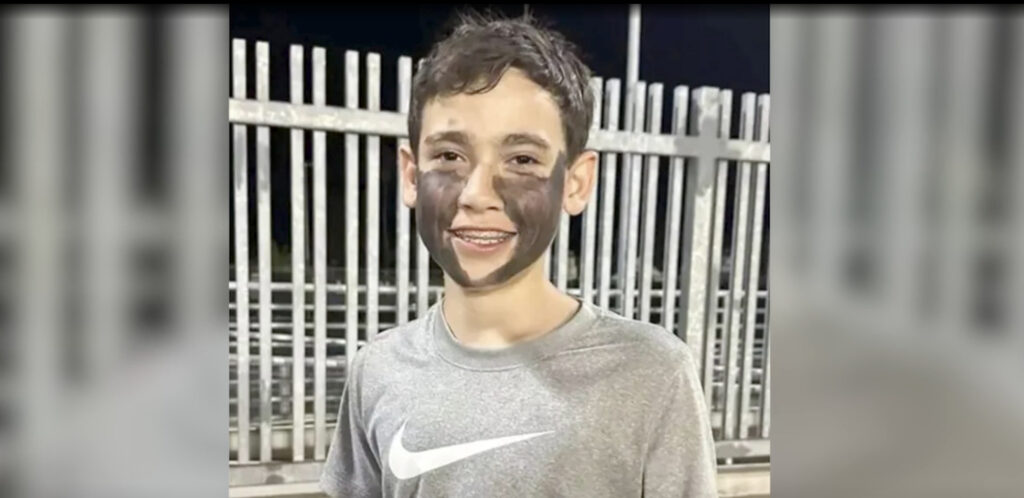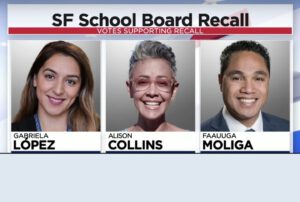California middle-schooler suspended, banned from sporting events after school claims eye black is blackface
A California middle school student was suspended for wearing eye black to a football game after school officials claimed it was blackface.
An 8th-grader identified only as J.A….

A California middle school student was suspended for wearing eye black to a football game after school officials claimed it was blackface.
An 8th-grader identified only as J.A. attended a local high school football game on Oct. 13, wearing eye black as many football players do, only more abundantly on his cheeks and chin.
Though no one complained about the 13-year-old’s appearance, Muirlands Middle School suspended him for two days and banned him from attending future athletic events. School records categorized the eye black as a “hate incident,” saying it was an “offensive comment [with] intent to harm.”
Now, the Foundation for Individual Rights and Expression (FIRE) is defending J.A.’s First Amendment rights to express “team spirit” by wearing eye black.
“The claim that J.A.’s face paint constituted blackface is frivolous. Black face is ‘dark makeup worn to mimic the appearance of a Black person and especially to mock or ridicule Black people,’” FIRE’s letter to the school read. “By contrast, J.A. followed the popular warpaint-inspired trend of athletes applying large amounts of eye black under their eyes, which has no racial connotations whatsoever.”
The letter further demanded the school expunge J.A.’s record and lift the ban on his attending sporting events.
“Muirlands Middle School has no authority to discipline J.A. for his non-disruptive, constitutionally protected display of team spirit,” the letter concluded.
The use of eye black has a long history in American sports dating back to Babe Ruth. Some claim it reduces sun glare while others say it’s for aesthetic purposes.
Just two weeks before J.A. was suspended for wearing eye black, Muirlands Middle School encouraged students to sign a “No Place for Hate Pledge.”
The pledge requires students to “speak out against prejudice and discrimination,” “support those who are targets of hate,” and believe that “no person can be an ‘innocent’ bystander when it comes to opposing hate.”
Critics note J.A.’s experience indicates school officials need more training to distinguish “hate” from common football traditions.



